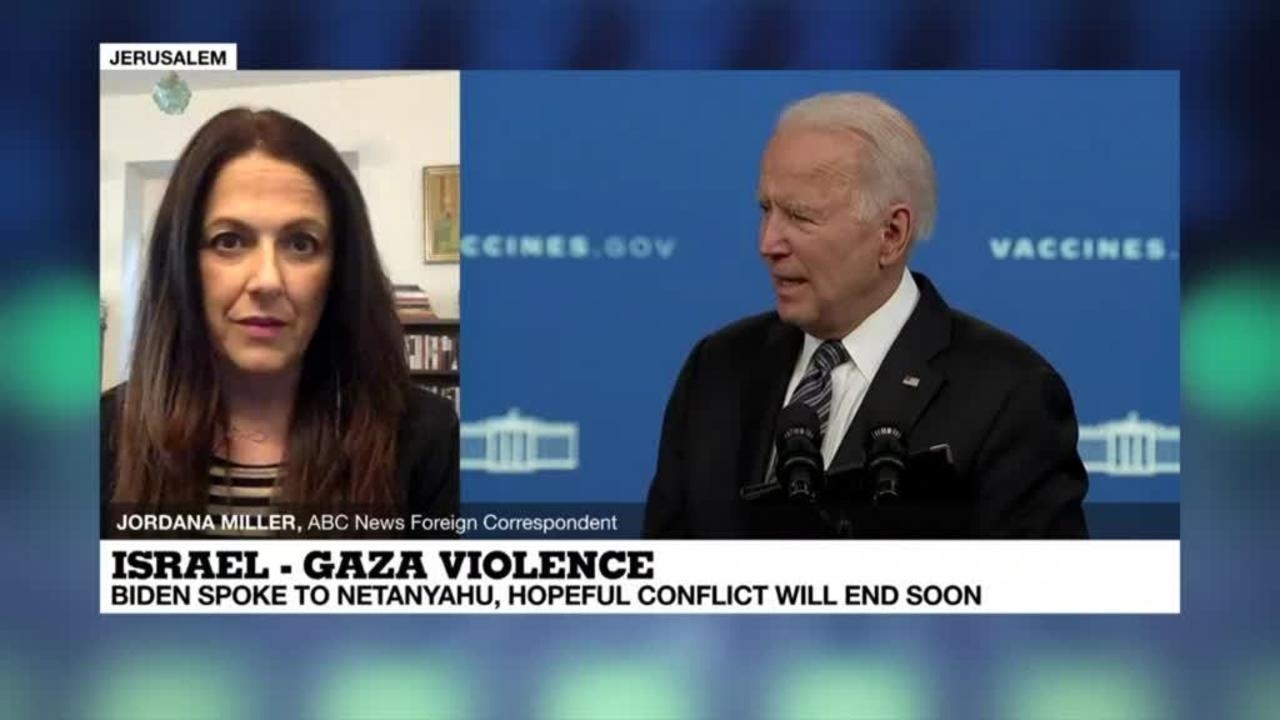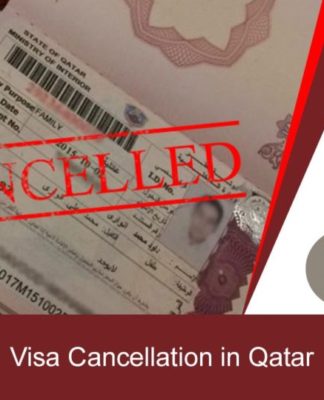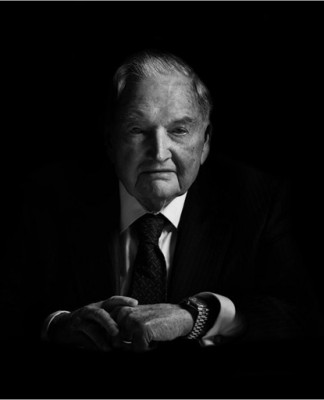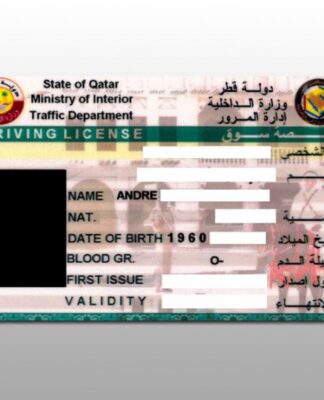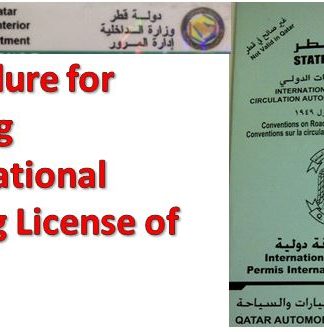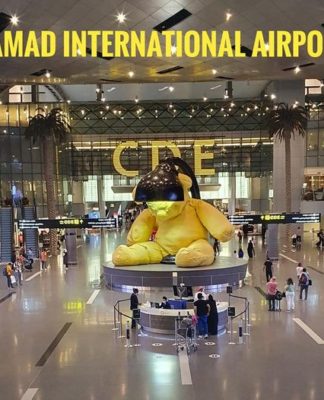Diplomatic efforts under way to de-escalate outbreak of violence in the Middle East
Issued on:

The US spearheaded diplomatic efforts to de-escalate the violence in the Middle East on Wednesday, with President Joe Biden speaking to Israel’s Prime Minister Benjamin Netanyahu and US Secretary of State Antony Blinken calling Palestinian leader Mahmoud Abbas. France, meanwhile, said “everything must be done” to avoid the conflict escalating further.
The UN Security Council is preparing for another emergency meeting on the outbreak of violence, the worst in the region since 2014.
Biden, who spoke to Netanyahu by telephone on Wednesday, told reporters that “my expectation and hope is that this will be closing down sooner than later”.
“But Israel has a right to defend itself when you have thousands of rockets flying into your territory.”
Biden said US diplomacy was in high gear, with national security and defence staff “in constant contact with their counterparts in the Middle East – not just with the Israelis, but also with everyone from the Egyptians and the Saudis to the Emiratis”.
Biden spoke as calls grew internationally for a de-escalation of violence after intense hostilities between Israel and the Palestinians that have left dozens dead and hundreds injured.
The Israeli army has launched hundreds of air strikes in the Gaza Strip since Monday while Palestinian militants have launched more than 1,200 rockets into Israel, according to Israel’s army.
Coinciding with the aerial bombardments is a spike in violence between Arabs and Jews inside Israel.
Secretary of State Blinken said he had spoken by telephone with Palestinian leader Abbas to urge an end to the rocket attacks.
The rockets are being fired by the militant group Hamas, but the United States does not speak directly with the group, which it lists as a terrorist organisation.
The conversation between the top US diplomat and Abbas was the first high-level call between the United States and the Palestinians since Biden was sworn into office in January.
Abbas’s Palestinian Authority broke off contact with the previous US administration of Donald Trump in 2017 when he recognised Jerusalem as Israel’s capital.
“I spoke with President Abbas about the ongoing situation in Jerusalem, the West Bank and Gaza,” Blinken said on Twitter. “I expressed condolences for the loss of life. I emphasized the need to end rocket attacks and de-escalate tensions.”
A readout of the call from the Palestinian presidency said Abbas had “stressed the importance of stopping the Israeli attacks on our Palestinian people everywhere, and putting an end to settler attacks and the aggressive Israeli measures against our people”.
More nuanced US approach
Earlier, Blinken announced that Hady Amr, the State Department official in charge of Israeli and Palestinian affairs, was leaving Wednesday for the region to seek a “de-escalation of violence”.
Blinken also talked to Netanyahu, again pushing for both sides to step back from fighting.
He “reiterated his call on all parties to de-escalate tensions and bring a halt to the violence”, said a State Department statement.
Taking a more nuanced stance after the militantly pro-Israel Trump administration, Blinken renewed US support for the eventual creation of an independent Palestinian state.
“This violence takes us further away from that goal,” Blinken said.
“We believe Palestinians and Israelis equally deserve to live with safety and security and will continue to engage with Israelis, Palestinians and other regional partners to urge de-escalation and to bring calm.”
The Pentagon said Defence Secretary Lloyd Austin had called his Israeli counterpart, Benny Gantz, and backed Israel’s “legitimate right to defend itself and its people” while also urging steps to restore calm.
The European Union has urged both parties to focus on de-escalation. A statement from the bloc’s foreign policy chief Josep Borrell said the “indiscriminate launching of rockets from Hamas and other groups towards Israeli civilians is unacceptable”.
Although he affirmed Israeli’s “legitimate need to protect its civilian population”, Borrell stressed that the response “needs to be proportionate” and that “everything must be done to prevent a broader conflict”.
British Prime Minister Boris Johnson urged both sides to “step back from the brink” while France’s Foreign Minister Jean-Yves Le Drian said, “Everything must be done to avoid … a conflict.”
“The cycle of violence in Gaza, in Jerusalem, but also in the West Bank and several cities in Israel risks leading to a major escalation,” Le Drian said.
New emergency meeting
The UN Security Council held an emergency meeting on Wednesday but failed to agree on a joint statement due to US opposition.
However in a sign of frustration, four council members – Norway, Estonia, France and Ireland – issued their own joint statement.
Daily newsletterReceive essential international news every morning
“The large numbers of civilian casualties, including children, from Israeli air strikes in Gaza and of Israeli fatalities from rockets launched from Gaza, are both worrying and unacceptable,” it said.
“We call on Israel to cease settlement activities, demolitions and evictions, including in East Jerusalem,” they wrote.
UN Middle East envoy Tor Wennesland warned that the “situation has deteriorated since Monday … there is a risk of a spiral of violence”, according to a diplomatic source.
Another UN emergency meeting has been requested for Friday.
(FRANCE 24 with AFP)














